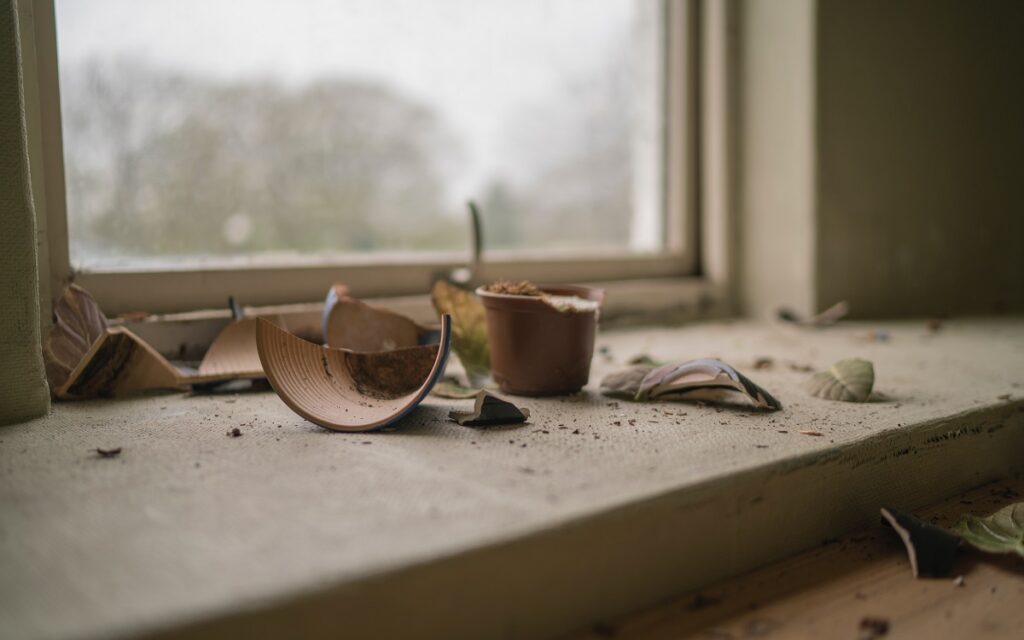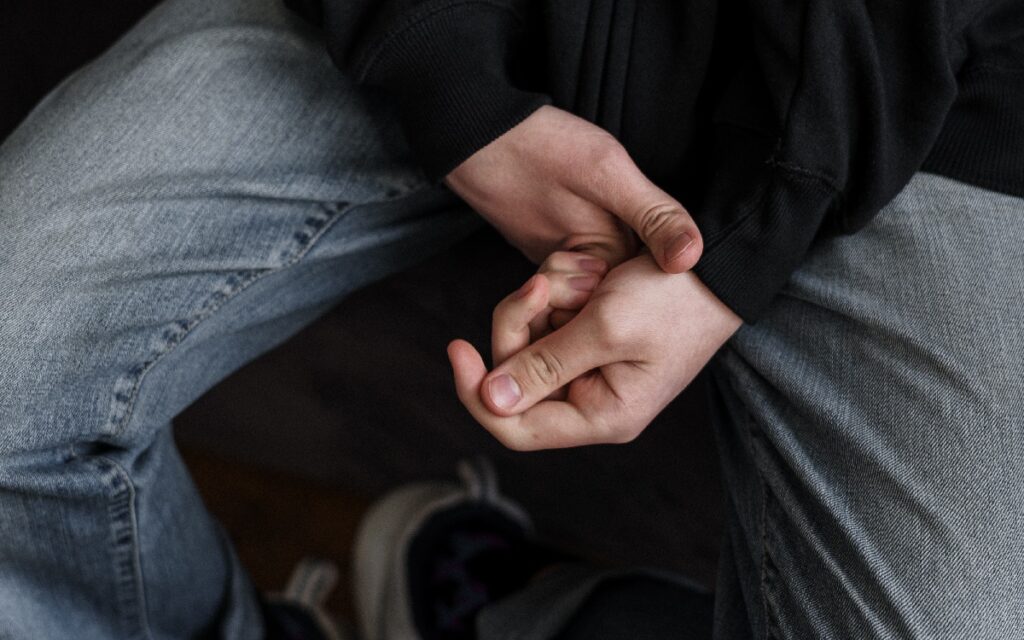This research project aims to identify new, non-harmful routes to support for families living with child-to-parent violence and abuse (CAPVA).

The project team will work collaboratively with families living with CAPVA and research partners, to identify how families have previously sought support for their experiences of CAPVA. They will provide recommendations on how organisations could work together, transforming the way they prevent harm and reduce vulnerability related to CAPVA.
A key part of this work is to identify potential alternatives to direct police involvement in supporting families living with CAPVA.
This project acts as a pilot for a potential larger-scale project.
Previous research has identified a lack of appropriate support pathways for families living with CAPVA and barriers to accessing support more broadly.
This work will outline concerns families have regarding police involvement in CAPVA. It will also explore families’ experiences of seeking help and alternative support.
In particular, this project focuses on a subsection of CAPVA, referred to as ‘explosive and harmful impulses’ (EHIs). Explosive and harmful impulses are a form of harm instigated by children and/or young people to meet specific needs with the unintended consequence of harming a parent or other family member.
A significant problem in CAPVA practice and research relates to it being a ‘hidden’ form of family violence, with many families not seeking support for fear of criminalising their child. This is compounded when families feel their child/young person is not causing the harm intentionally, but due to developmental, emotional, neurological, or social difficulties, such as in the case of EHIs. Therefore, families often seek support from many different agencies rather than police, and it is currently unclear what this help-seeking process looks like, or how it could be improved.
This collaborative project will work with families living with explosive and harmful impulses who will participate in the research and ‘co-create’ knowledge. It is driven by families who will have the opportunity to reimagine how services could be organised to improve support pathways.
The project aims to identify new, non-harmful routes to support for families living with child-to-parent violence and abuse.
It also aims to provide guidance for organisations to provide coordinated responses perceived to be less harmful than direct police action. By doing this, organisations can work together to prevent harm and reduce vulnerability.
This participatory, qualitative project is designed to enable a deeper understanding of the complexities of family relationships and interactions with agencies that seek to help.
The project team will work with co-researcher parents living with explosive and harmful impulses (EHIs) from their children; and co-researcher children experiencing EHIs that result in harm to their parents. These two strands of work will run across three short phases.
Phase One
Phase One consists of one-to-one semi-structured interviews with 12 parents and eight children.
Phase Two
In Phase Two, the research team will conduct four 90-minute participatory workshops with children and four two-hour participatory workshops with parents. The team will also map organisations and services used by parents and children living with CAPVA.
As children and young people may have difficulty articulating their experiences of instigating harm, the workshops will utilise visual methods and approaches, such as arts-based workshops. These are associated with allowing individuals to express vulnerability.
Phase Three
Phase Three will provide time for further developing networks with relevant organisations and services, as well as time for analysis.
The data will be analysed within each workshop with and by children and parents. The Research Assistant will conduct any additional analyses between workshop sessions, supported by the Lead Investigator. This is so children and parents can be provided with any relevant updates at the start of each workshop if this is required. The children and parent co-researchers will review any outputs produced.
Lead investigator
- Dr Nikki Rutter (Durham University)
Research assistant
- Lihan Miao (Durham University)


